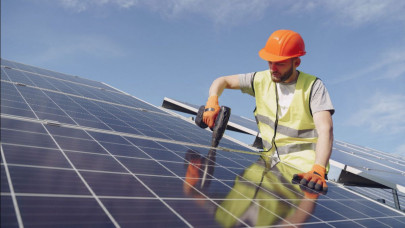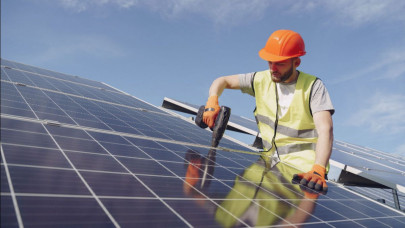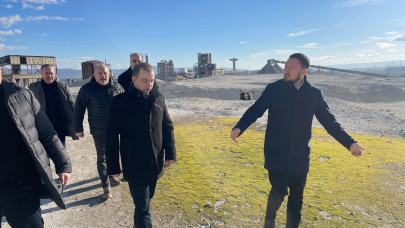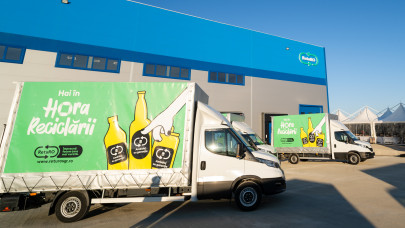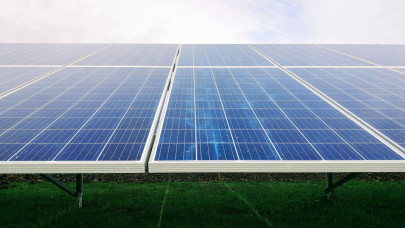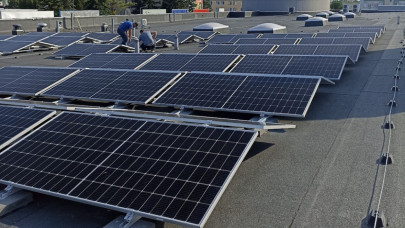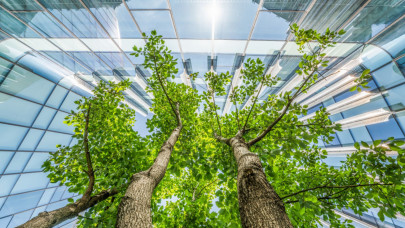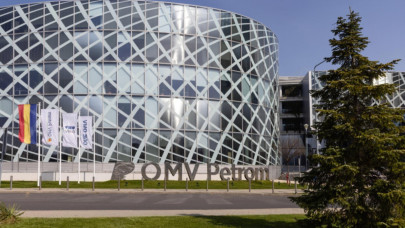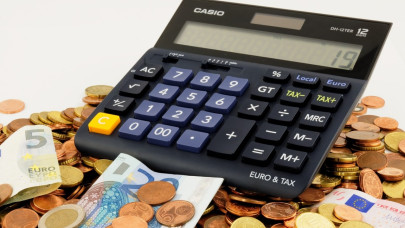The topics addressed during the meeting concerned the integrated management of soil, water, forests, and biodiversity and the necessary balance that must be kept between the implementation of projects for the production of energy from renewable sources, the planning of the territory, and the protection and conservation of biodiversity.
Discussions were also organized regarding measures to reduce marine pollution.
"Romania supports the integrated management of environmental factors and cooperation to reduce pollution threats to the health of people, animals, ecosystems, and the planet. At the same time, we appreciate the EU Action Plan 'Towards zero pollution for air, water and soil', as well as all other strategies and directives promoted as concrete products of the European Green Deal. We also welcome the adoption by the EU Council of the Regulation on the restoration of nature, which provides the premises for the inclusion of biodiversity in other sectoral policies. We believe that only an integrated approach to these documents can optimize and lead to successful results", said Minister Mircea Fechet, during the debates on integrated soil management.
He said that Romania shows a special interest in the sustainable management of its coastal and marine waters in order to achieve and maintain the good ecological status of the Black Sea.
"One challenge we face is the problem of marine pollution. In this regard, Romania supports the implementation of the European Plastics Strategy and the 2030 Agenda for Sustainable Development to reduce marine waste, including plastic and microplastic, in the seas and oceans. The effects of marine pollution have led to the loss of marine diversity, to changes in the composition and habitats of biodiversity, to a decrease in marine productivity," said the Minister of the Environment.
In his intervention on the topic of renewable energy, the head of the Environment emphasized that, in order to optimize the integration of energy objectives with those of sectoral and environmental policies, plans at the local level could offer the best results.
"Romania has a significant and diversified capacity to produce energy from renewable sources, but, at the same time, a very rich biodiversity. The large-scale expansion of renewable energy is vital for a sustainable, low-carbon future. The integrated planning of land use becomes an essential tool, as it allows us to identify areas with low biodiversity value for renewable energy projects while preserving, at the same time, high-value habitats", he stated.


